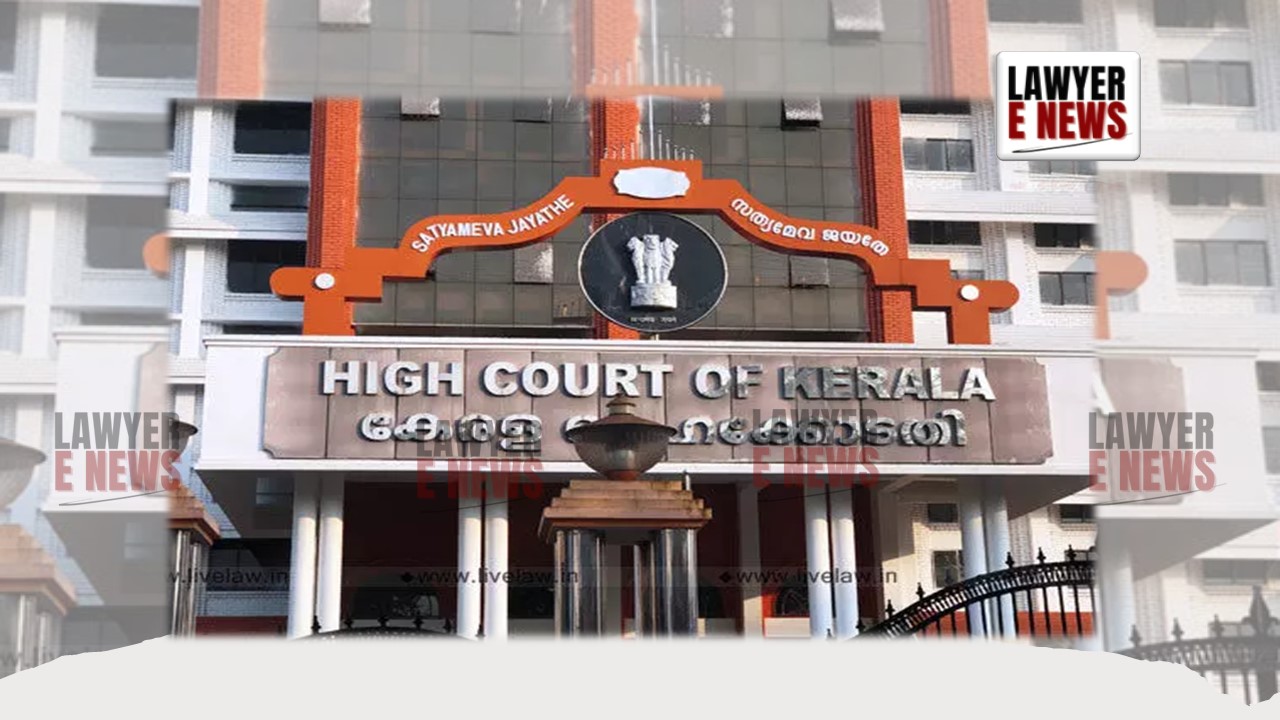-
by Admin
15 February 2026 5:01 PM



On September 10, 2024, the Kerala High Court, in W.P.(C) Nos. 23146 & 28289 of 2022, delivered a crucial judgment on the authority of state departments to penalize vehicle owners for using "Safety Glazing" that conforms to Indian Standards under Rule 100 of the Central Motor Vehicles Rules, 1989 (CMV Rules). Justice N. Nagareesh ruled that if "Safety Glazing" adheres to the Indian Standard IS 2553 (Part 2) (First Revision): 2019 and maintains the prescribed Visual Light Transmission (VLT) levels, the state authorities have no legal ground to penalize vehicle owners.
The first petition was filed by M/s. George & Sons, a firm penalized with a ₹250 fine for alleged non-compliance with VLT standards. The second petition involved vehicle accessory shops that faced threats of registration cancellation for selling and installing sun films, deemed as alterations under Sections 52 and 182A(4) of the Motor Vehicles Act, 1988. The central issue revolved around whether the "Safety Glazing" used on these vehicles was legally permissible under the amended CMV Rules.
The court had to determine if state authorities were legally authorized to impose penalties for the usage of "Safety Glazing" that conforms to the standards set by the Indian Standard IS 2553 (Part 2). As noted by the court, Rule 100 of the CMV Rules was amended effective April 1, 2021, permitting the use of "Safety Glazing" material, provided it adheres to the IS standards and the stipulated VLT limits.
Justice N. Nagareesh observed that the Supreme Court, in Avishek Goenka v. Union of India [(2012) 5 SCC 321], had interpreted the unamended Rule 100, stating, "No additional materials shall be pasted upon the safety glass." This ruling prohibited the use of tinted films on safety glass. However, this interpretation applied to the unamended rules, which did not consider "Safety Glazing."
Justice Nagareesh highlighted the amendment in Rule 100, noting, "Apart from 'Safety Glass,' usage of 'Safety Glazing' is also permitted subject to the condition that it should conform to Indian Standard; IS.2553 (Part 2) (First Revision: 2019) and should be within the specified VLT provided under the Rules." He further clarified that "Safety Glazing" includes materials such as "Glazing Faced with Plastics," which is defined as "a glass pane either toughened glass or laminated glass with a layer of plastic on the inner side."
The court also addressed the state's argument that only vehicle manufacturers could use "Safety Glazing" material. The judgment stated, "A harmonious consideration of sub-rules (2) (3) and (4) of Rule 100 (as amended) coupled with consideration of the definition of 'Safety Glazing' especially that of 'Glazing Faced with Plastics' contained in Ext.P5 no narrow interpretation can be possible that the provision in any manner prohibits the owner of any motor vehicle from pasting a layer of plastic on the inner side of a pane of toughened-glass or laminated-glass fitted by the manufacturer."
In light of these observations, the Kerala High Court quashed the challans issued against the petitioners, declaring them "illegal and unsustainable in law." It affirmed that the State Government and its officials are not legally justified in penalizing owners of motor vehicles that use "Safety Glazing" conforming to Indian Standards IS 2553 (Part 2) (First Revision): 2019 and maintain the required VLT limits of 70% for windscreens and rear windows, and 50% for side windows.
Date of Decision: September 10, 2024
M/s. George & Sons and others vs Union of India and others
